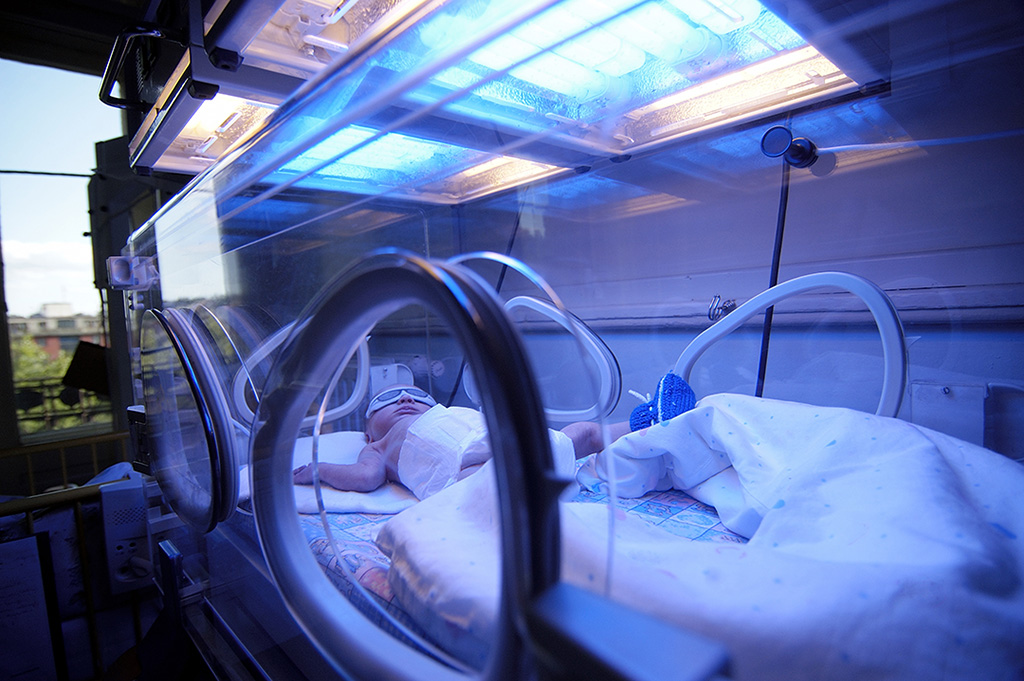Premature children show adequate amount of maternal antibodies
In human newborns IgG antibody production starts 15 weeks after birth rendering them completely dependent on maternal antibodies transferred across the placenta during pregnancy, a phenomenon known as passive immunity. The concentration of maternal IgG in the fetus increases dramatically during the third trimester which has led to the belief that prematurely born children mostly lack passive immunity. A new study, led by Petter Brodin (SciLifeLab/Karolinska Institutet), shows that this might not be the case.
In the study, published in Nature Medicine, 32 preterm and 46 full term mother and child dyads were investigated. The results showed that even though the antibody concentration was lower in prematurely born children, the antibody repertoires were comparable amongst the two groups.
The findings suggest that the elevated risk of viral infections in prematurely born children has little to do with the lack of maternal antibodies but rather other factors such as weaker physical barriers in the skin, intestines and lungs, or differences in exposures due to intensive care, intravenous catheters and breathing tubes commonly used. The results also contribute to a better understanding of infectious disease susceptibility, vaccine development and vaccine scheduling in newborn children.
“I hope that this makes us question some preconceived ideas about the neonate immune system and infection sensitivity so that we can take even better care of newborns,” says Petter Brodin in a press release by Karolinska Institutet.
Read the full paper in Nature Medicine or the press release from Karolinska Institutet.





